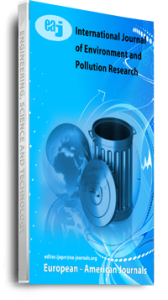This study examines the influence of anthropogenic activities on water quality and zooplankton distribution in Kawo Dam, Kontagora, Niger State, Nigeria, over a six-month period (May to October 2024). Four sampling stations at the dam’s inlet, middle, outlet, and an area near agricultural runoff were established to capture spatial variability. Water quality parameters, including dissolved oxygen, biochemical oxygen demand, pH, temperature, electrical conductivity, turbidity, and nutrient levels, were measured in situ, and zooplankton samples were collected fortnightly. Results showed significant seasonal variations in water quality, with lower dissolved oxygen and higher biochemical oxygen demand during the early months, likely due to organic runoff. Additionally, elevated turbidity was noted, especially near agricultural runoff areas, indicating sediment and pollutant introduction. Zooplankton populations, particularly copepods and rotifers, displayed notable fluctuations, with species abundance influenced by changes in water conditions. Amphipods were most abundant, while other species declined in response to reduced water quality. The study highlights how human activities, including agricultural runoff, affect water quality and zooplankton diversity, underscoring the need for improved water management practices to protect aquatic ecosystems.
Keywords: Anthropogenic Activities, Water Quality, zooplankton distribution.

